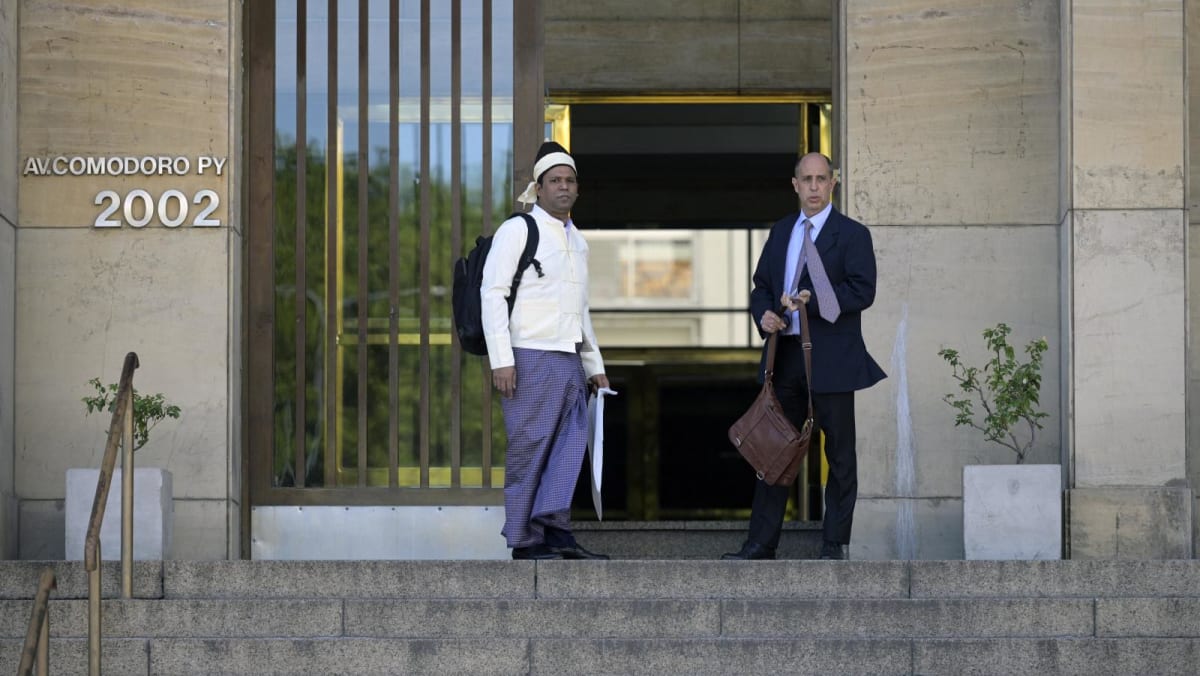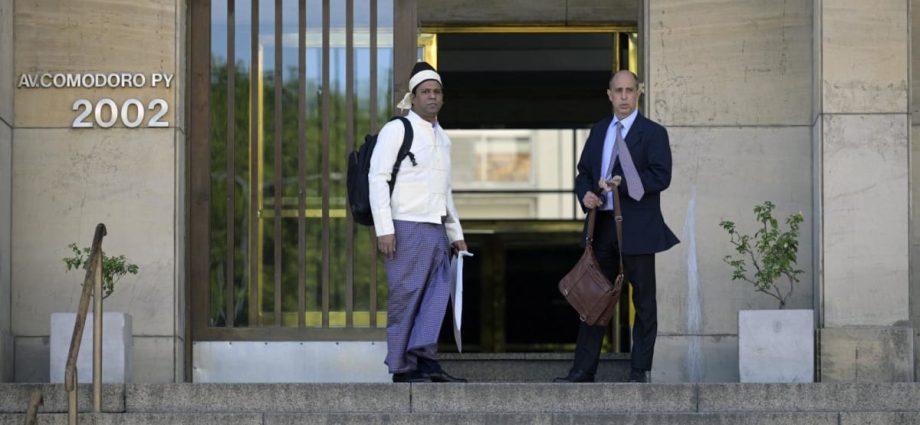
In 2021, Argentina’s justice system, responding to a complaint, announced it was opening an investigation into alleged crimes by Myanmar soldiers against the Rohingya, under the principle of universal jurisdiction enshrined in the constitution.
That same year, six Rohingya women, living as refugees in Bangladesh, had participated in a virtual hearing before an Argentinian court, citing sexual assaults and the death of relatives as a result of regime repression.
“In-person hearings of survivors continue, very important evidence is being produced,” said Maung Tun Khin.
Argentina’s courts have in the past agreed to examine overseas cases under the principle of universal jurisdiction, in particular crimes committed under the fascist regime of Francisco Franco in Spain.
The principle makes it possible to prosecute the alleged perpetrators of some of the most serious crimes, regardless of their nationality or where the crimes were committed.
About 750,000 members of the Rohingya community fled to Bangladesh in 2017 from a crackdown by the Myanmar military, which is now the subject of separate proceedings before the International Criminal Court and for “acts of genocide” before the International Court of Justice.

